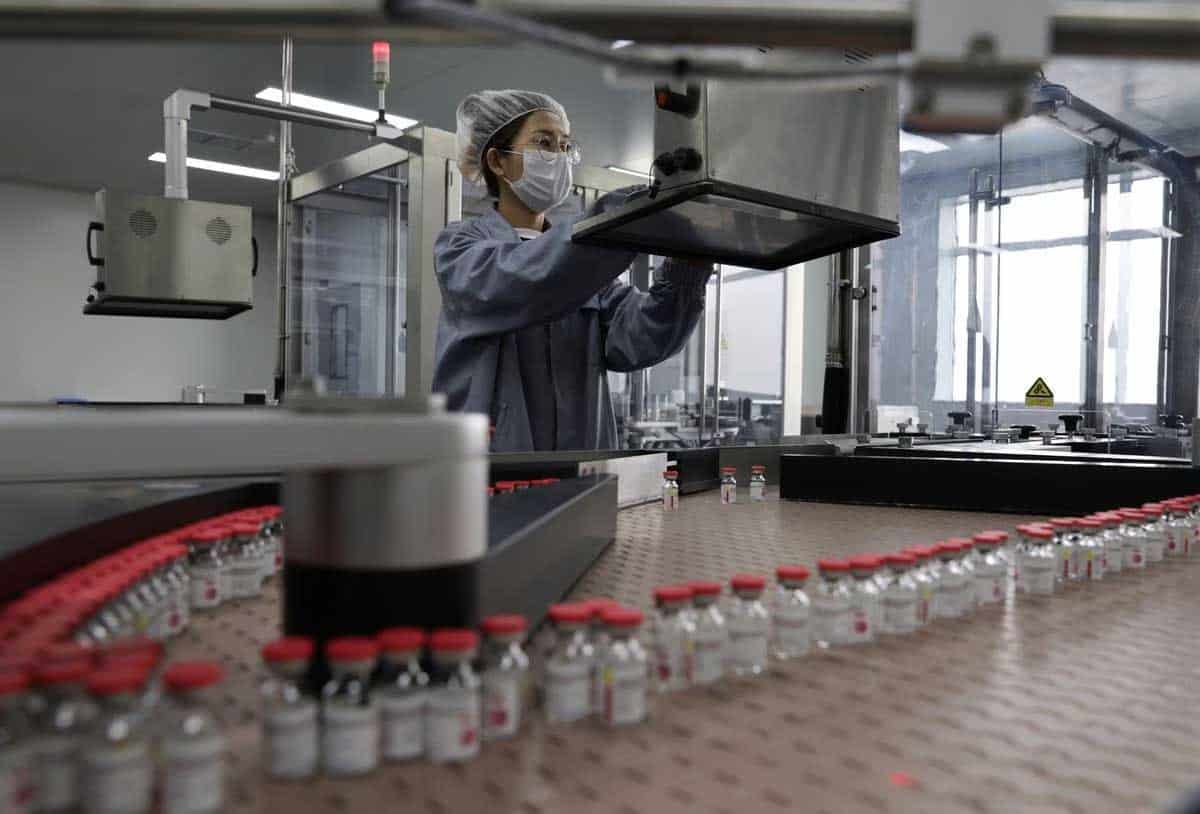CanSino Biologics Chief Executive Yu Xuefeng said on Friday he was confident his company’s experimental Covid-19 vaccine using messenger RNA (mRNA) technology was as good as shots from Moderna and Pfizer-BioNTech.
As the Covid-19 pandemic evolves in China after the country abandoned its zero-Covid policy in December, domestic companies like CanSino are racing to develop mRNA Covid vaccines.
The country – which experienced a wave of infections across its 1.4 billion population after the sudden relaxation of Covid restrictions – has so far declined to use mRNA vaccines from abroad, and has yet to approve a domestic one that uses the technology.
Approved vaccines in China are widely considered less effective than the Moderna Inc and Pfizer Inc-BioNTech mRNA shots.
Yu acknowledged that it was not possible to directly test the CanSino vaccine versus the Moderna or Pfizer-BioNTech shots in a head-to-head trial because they were not available in China.
“But just based on published data…I’m confident our product is as good as the already launched mRNA vaccines,” he told Reuters in an interview.
In January, CanSino reported “positive” interim data from its experimental Covid-19 mRNA booster vaccine, CS-2034, in a mid-stage clinical trial.
When asked whether Chinese authorities were keen to have a homegrown mRNA vaccine, Yu said there was not much public information on what was going on.
“But I will say, from the technology perspective, any product – as long as you meet the regulatory requirements – there’s no reason to not allow to enter into the market.”
CanSino is currently in discussion with Chinese regulators around the protocol for a late-stage study for CS-2034 – and the trial will definitely be conducted this year, Yu said.
If the vaccine is approved, the company is working on ways to reduce the costs of making and deploying its mRNA vaccine, he said, noting that it will definitely be cheaper than the roughly $120 list price per dose Pfizer is hoping to charge in the United States later this year.
Although mRNA technology is more malleable and easier to tweak to address new variants versus traditional vaccine approaches, mRNA vaccines typically require more expensive ultra-cold storage.
However, researchers have made some strides in making sure formulations remain stable at somewhat higher temperatures.







Click here to change your cookie preferences